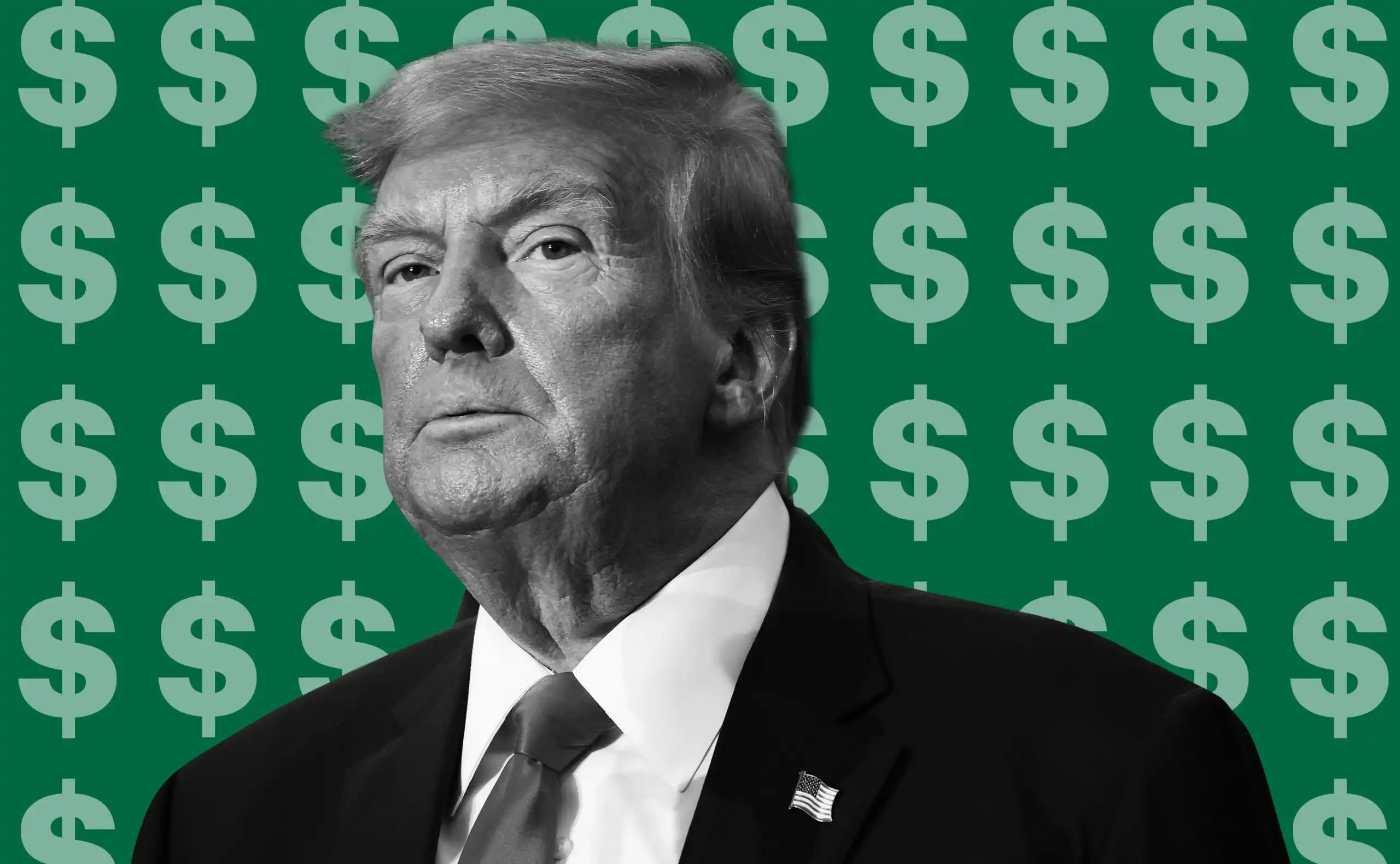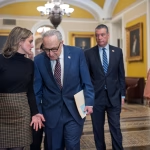The U.S. Supreme Court has agreed to hear a pivotal case that could redefine presidential authority over trade policy.
In November 2025, the Court will review whether President Donald Trump's sweeping global tariffs, imposed under the International Emergency Economic Powers Act (IEEPA), are constitutionally valid according to Reuters. This decision could have profound implications for executive power and international trade relations.

Trump appears concerned as a federal court strikes down many of his global tariffs, highlighting the challenges in U.S.-China trade relations.
Background: The Tariffs and Legal Challenges
In April 2025, President Trump invoked the IEEPA to impose tariffs ranging from 10% to 50% on imports from numerous countries, including China, Mexico, and Canada. Bloomberg reports that the administration argued that these measures were necessary to address national security threats, such as trade imbalances and drug trafficking. However, critics contended that the IEEPA was never intended to grant the president such broad authority to enact tariffs.
Several lawsuits were filed challenging the legality of these tariffs. A coalition of small businesses and 12 states argued that the president exceeded his constitutional powers by imposing tariffs without explicit congressional authorization. In May 2025, a federal district court ruled that the IEEPA did not empower the president to impose such extensive tariffs, a decision upheld by the U.S. Court of Appeals for the Federal Circuit in August.
Potential Economic Consequences
If the Supreme Court rules against the Trump administration, the U.S. government could be required to refund up to $1 trillion in collected tariffs according to The Guardian. This includes approximately $72 billion gathered since the "Liberation Day" announcement and an additional $30 billion from July alone—a 242% year-over-year increase. Treasury Secretary Scott Bessent has warned that overturning the tariffs could disrupt trade negotiations and harm the economy.

President Donald Trump’s bonds have made him millions of Dollars since taking office.
Broader Implications for Executive Power
This case represents a significant test of the separation of powers between the executive and legislative branches. The plaintiffs argue that only Congress has the constitutional authority to impose tariffs, while the administration maintains that the president can act unilaterally in matters of national security. The outcome of this case could set a precedent for the scope of executive authority in future administrations.
What to Expect in November
The Supreme Court's expedited review of this case underscores its importance. Oral arguments are scheduled for the first week of November 2025, with a decision expected shortly thereafter. The ruling will not only determine the fate of the tariffs but also clarify the limits of presidential power in economic matters.

Prime Minister Modi points toward President Trump during a tense joint press briefing, highlighting the ongoing friction over trade and tariffs between the two nations.
FAQs: People Also Ask
What is the International Emergency Economic Powers Act (IEEPA)?
The IEEPA is a U.S. federal law enacted in 1977 that grants the president the authority to regulate or prohibit transactions involving foreign countries during national emergencies. It has been used to impose sanctions and control trade, but its application to broad-based tariffs is being contested in this case.
How could the Supreme Court's decision affect U.S. consumers?
If the tariffs are upheld, consumers may continue to face higher prices on imported goods due to the additional costs imposed on foreign products. Conversely, if the tariffs are overturned, there could be a reduction in prices, but businesses might also face challenges in adjusting to the sudden policy change.
Are other tariffs imposed by the Trump administration affected by this case?
No, this case specifically addresses the global tariffs imposed under the IEEPA. Other tariffs, such as those on steel, aluminum, and automobiles, were enacted under different legal authorities and are not part of this Supreme Court review.
What are the potential political ramifications of the Court's decision?
A ruling against the administration could be seen as a rebuke of executive overreach, potentially influencing future presidential actions and congressional oversight. It could also impact the political landscape by affecting trade relations and economic policies leading into the 2026 elections.

President Donald Trump and Prime Minister Shigeru Ishiba seal the $550B U.S.–Japan trade deal with a handshake in the Oval Office.
Final Thoughts
In conclusion, the Supreme Court's upcoming decision on the legality of President Trump's global tariffs will have lasting effects on U.S. trade policy and the balance of powers within the federal government. The outcome will not only determine the fate of billions in collected tariffs but also shape the future of executive authority in economic matters.














